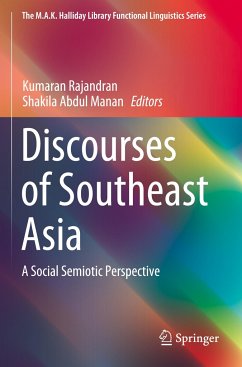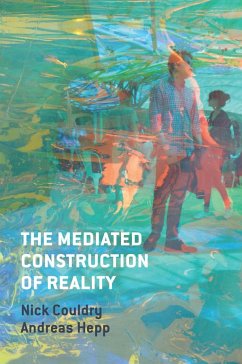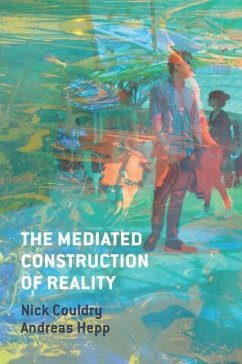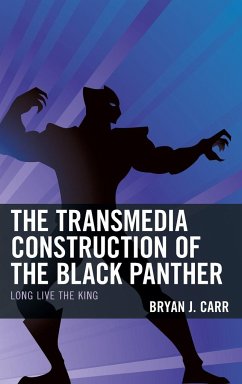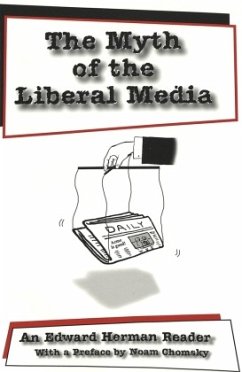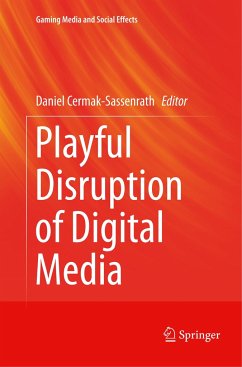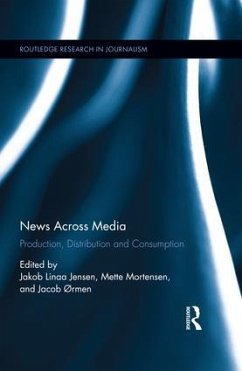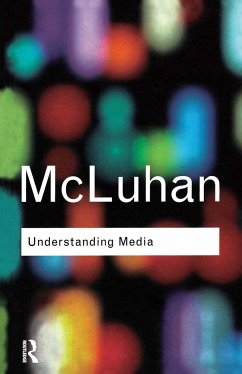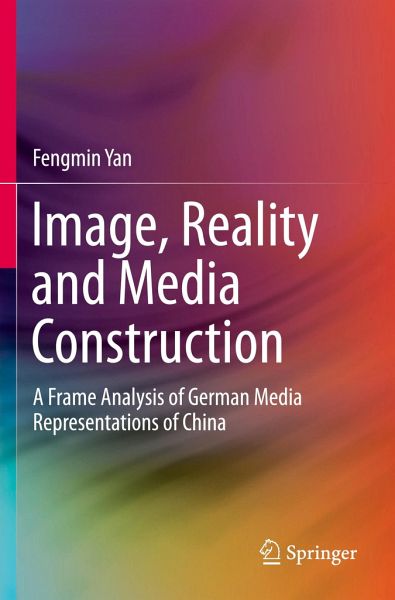
Image, Reality and Media Construction
A Frame Analysis of German Media Representations of China
Versandkostenfrei!
Versandfertig in 6-10 Tagen
38,99 €
inkl. MwSt.
Weitere Ausgaben:

PAYBACK Punkte
19 °P sammeln!
This book explores how news media construct social issues and events and thereby convey certain perceptions within the scope of framing theory. By operationalizing media framing as a process of interpretation through defining problem, diagnosing causes, making moral judgments and suggesting solutions, the book proposes a systematic and transparent approach to images in news discourse. Based on a frame analysis, it examines how German news media framed a list of China-related issues and events, and thereby conveyed particular beliefs and opinions on this country. Moreover, it investigates wheth...
This book explores how news media construct social issues and events and thereby convey certain perceptions within the scope of framing theory. By operationalizing media framing as a process of interpretation through defining problem, diagnosing causes, making moral judgments and suggesting solutions, the book proposes a systematic and transparent approach to images in news discourse. Based on a frame analysis, it examines how German news media framed a list of China-related issues and events, and thereby conveyed particular beliefs and opinions on this country. Moreover, it investigates whether there were dominant patterns of interpretation and the extent to which diverse views were evident by comparing two major daily newspapers with opposite political orientations - the FAZ and the taz.
Motivated by the relationship between image and reality, the book explores image formation and persistence from media construction of meaning and human cognitive complexity in perceiving others. Media select certain issues and events and then interpret them from particular perspectives. A variety of professional and non-professional factors behind news making may result in biased representations. In addition, from a social psychological perspective, inaccurate perceptions of foreign cultures may arise from categorical thinking, biased processing of stimulus information, intergroup conflicts of interest and in-group favoritism.
Accordingly, whether media coverage deviates from reality is not the main concern of this book; instead, it emphasizes the underlying logics upon which the conclusions and judgments were drawn. It therefore contributes to a rational understanding of Western discourse and holds practical implications for both Chinese public diplomacy and a more constructive role of news media in promoting the understanding of others.
Motivated by the relationship between image and reality, the book explores image formation and persistence from media construction of meaning and human cognitive complexity in perceiving others. Media select certain issues and events and then interpret them from particular perspectives. A variety of professional and non-professional factors behind news making may result in biased representations. In addition, from a social psychological perspective, inaccurate perceptions of foreign cultures may arise from categorical thinking, biased processing of stimulus information, intergroup conflicts of interest and in-group favoritism.
Accordingly, whether media coverage deviates from reality is not the main concern of this book; instead, it emphasizes the underlying logics upon which the conclusions and judgments were drawn. It therefore contributes to a rational understanding of Western discourse and holds practical implications for both Chinese public diplomacy and a more constructive role of news media in promoting the understanding of others.





